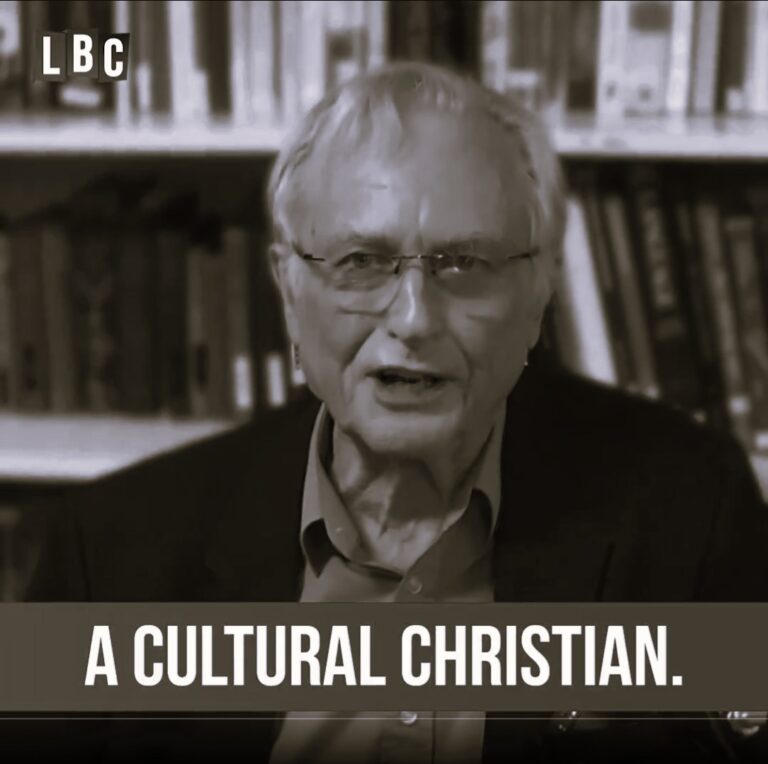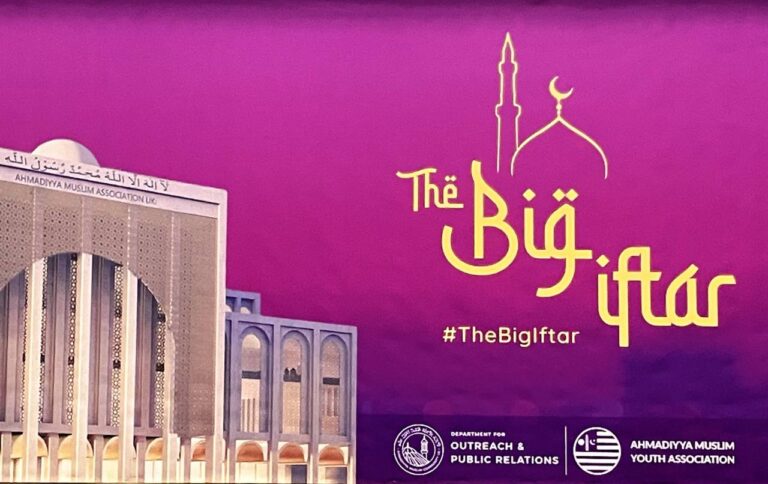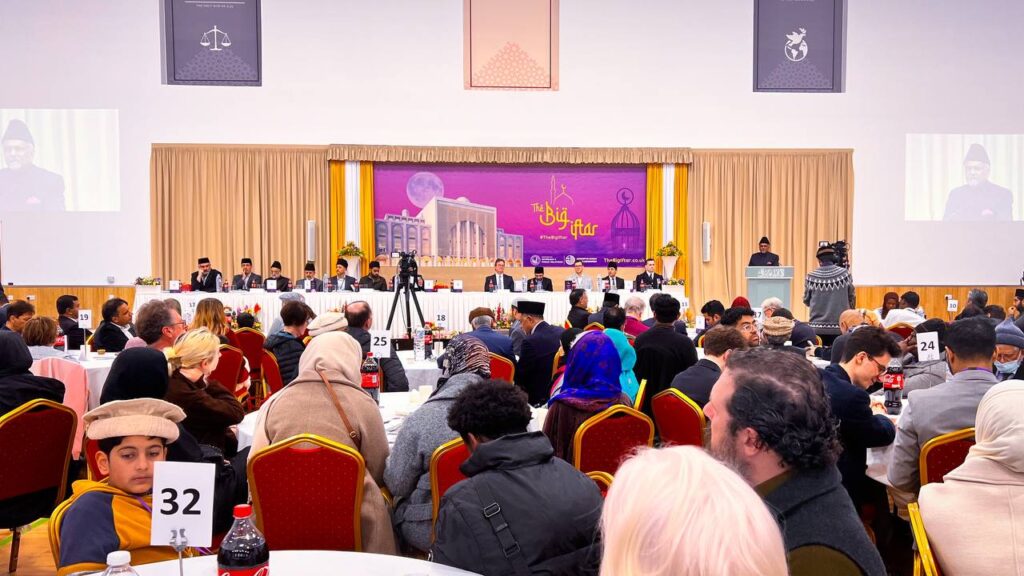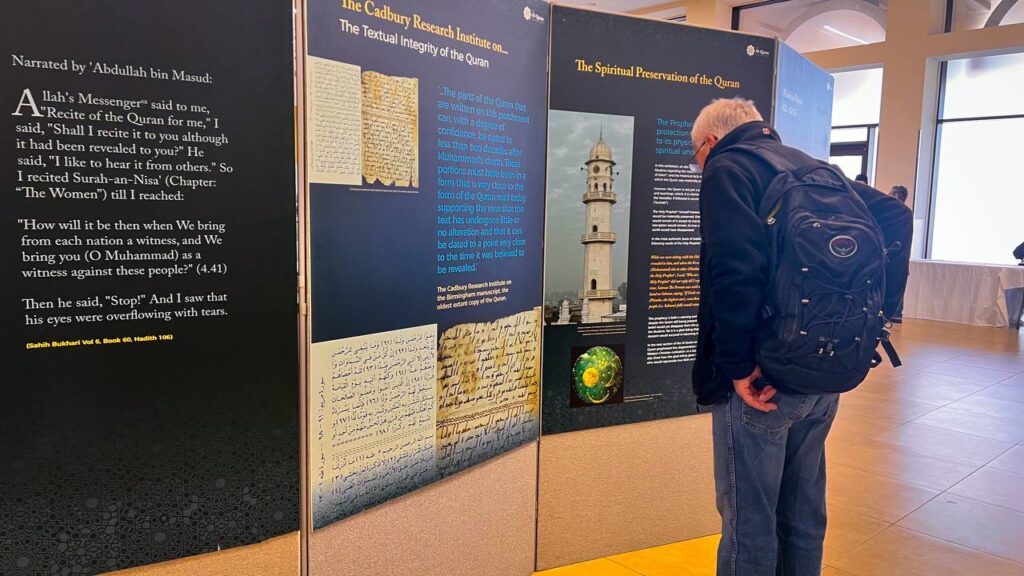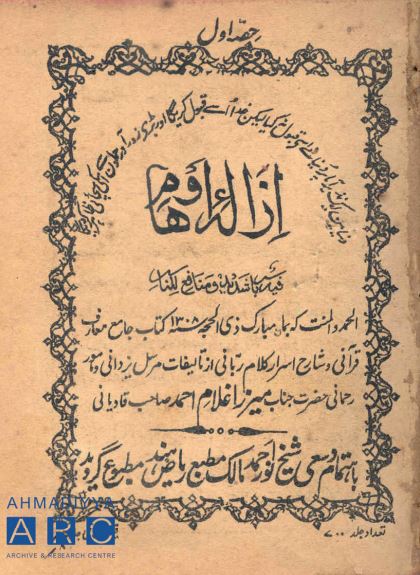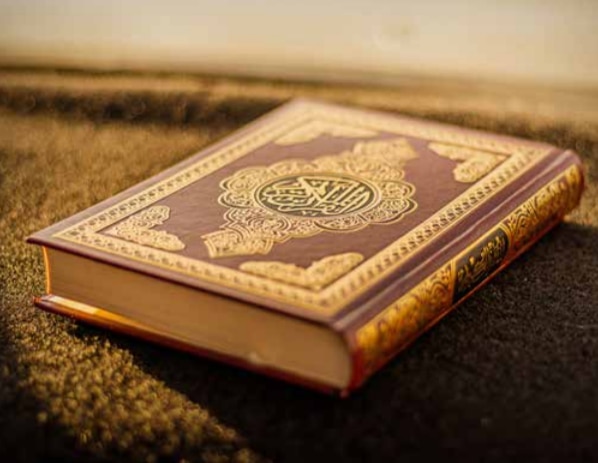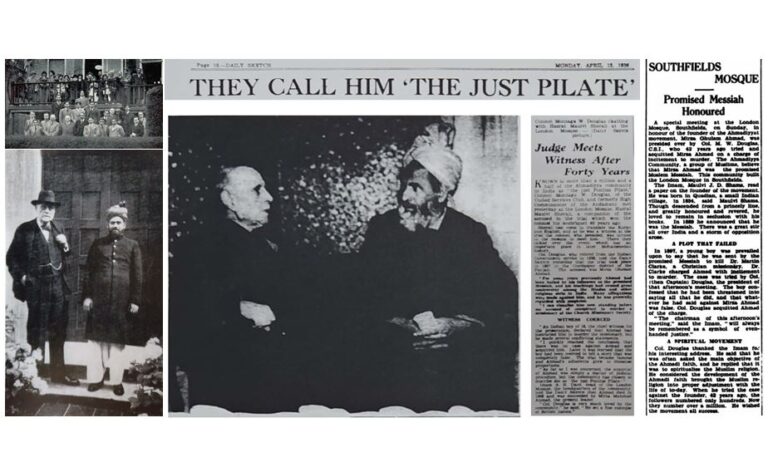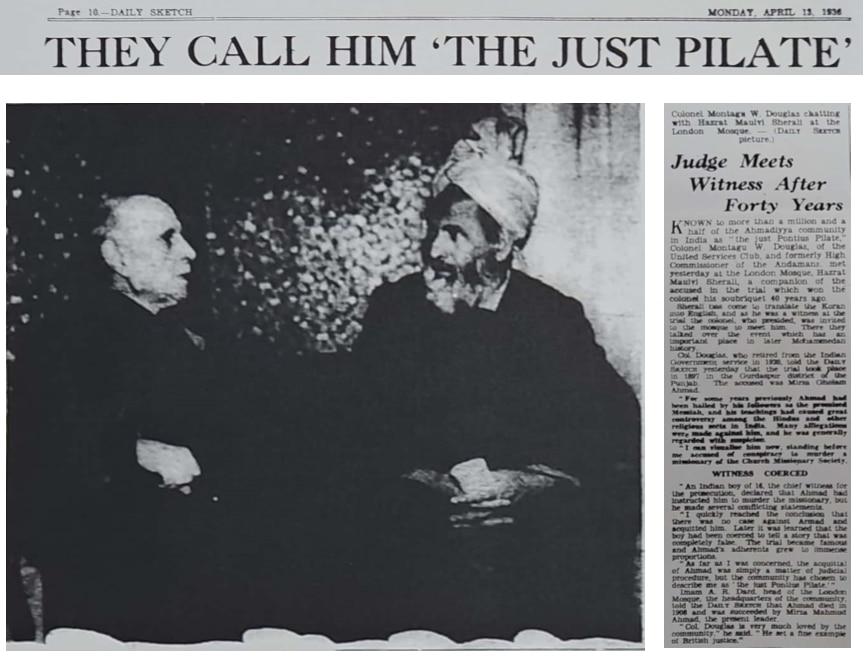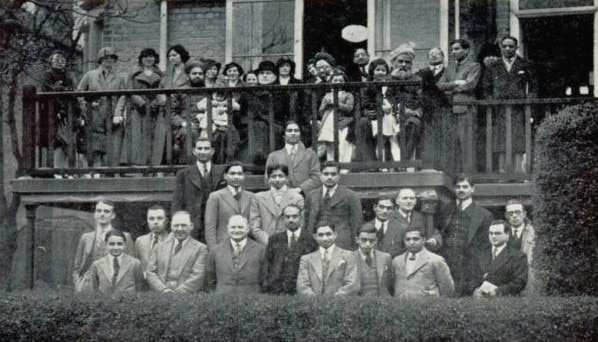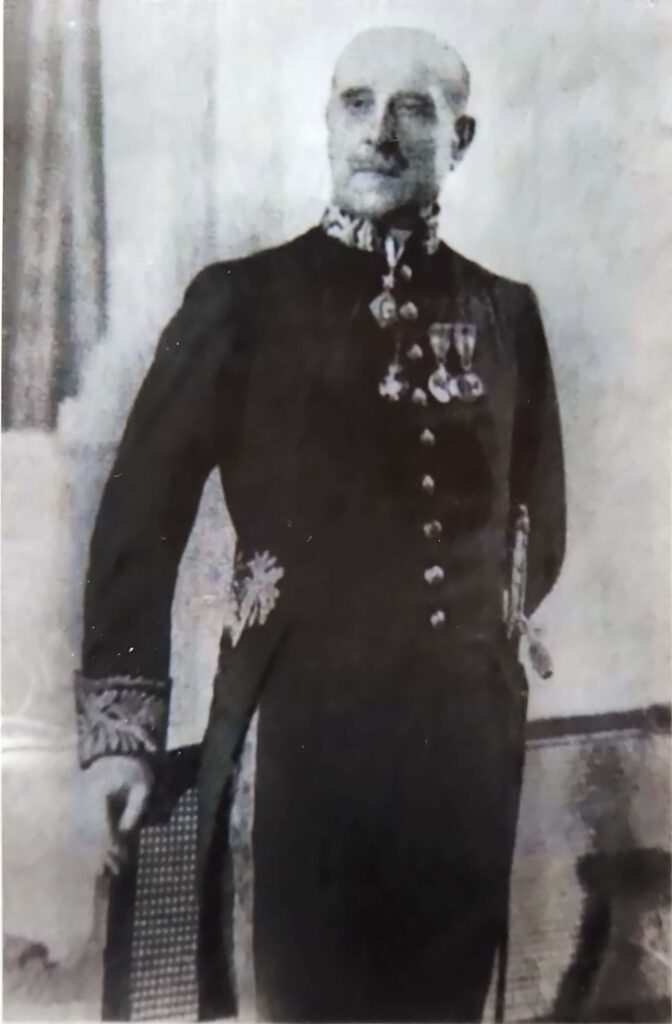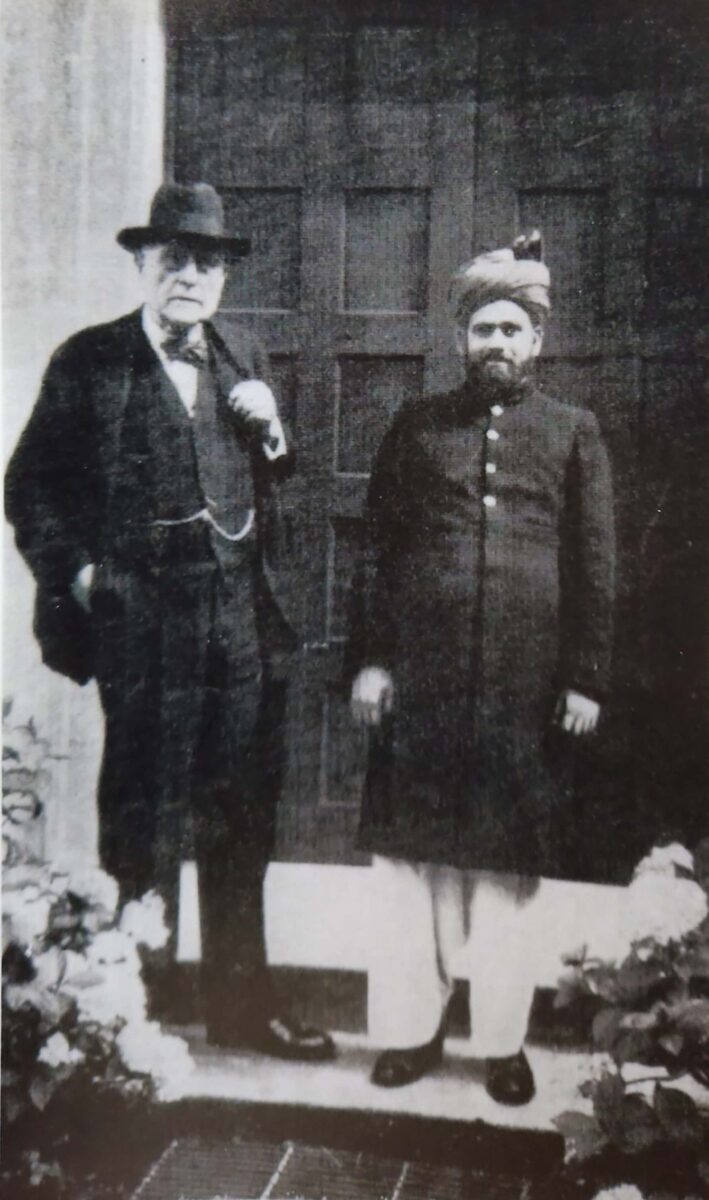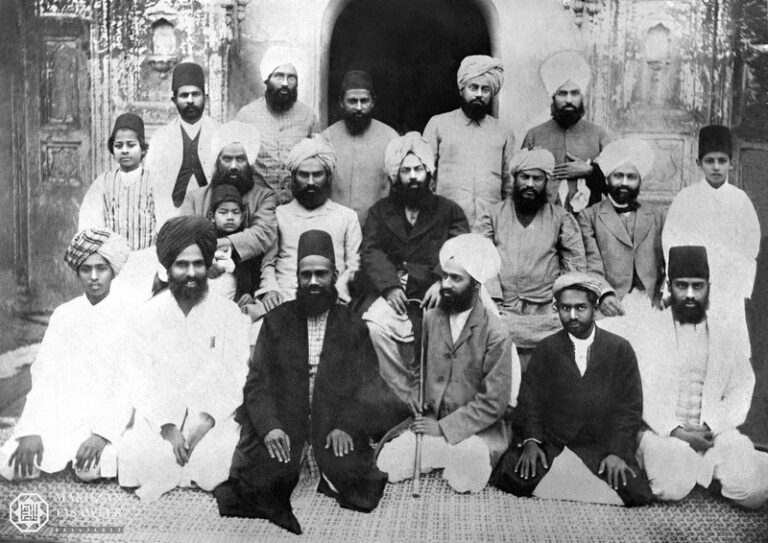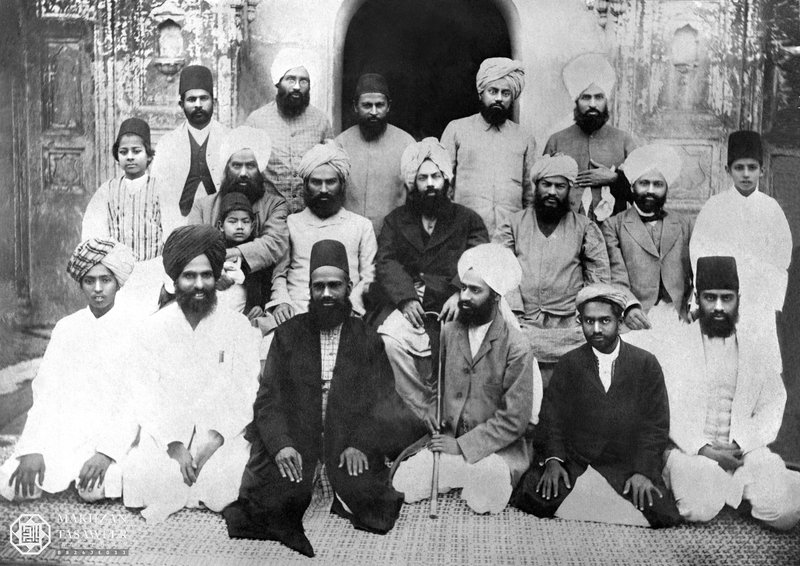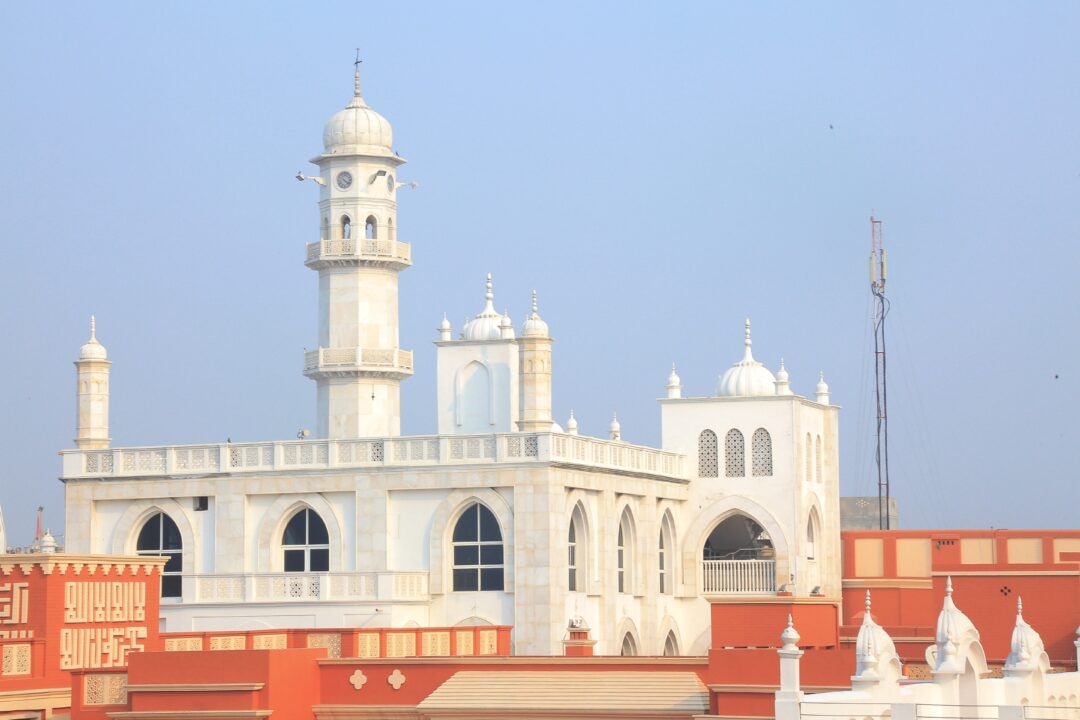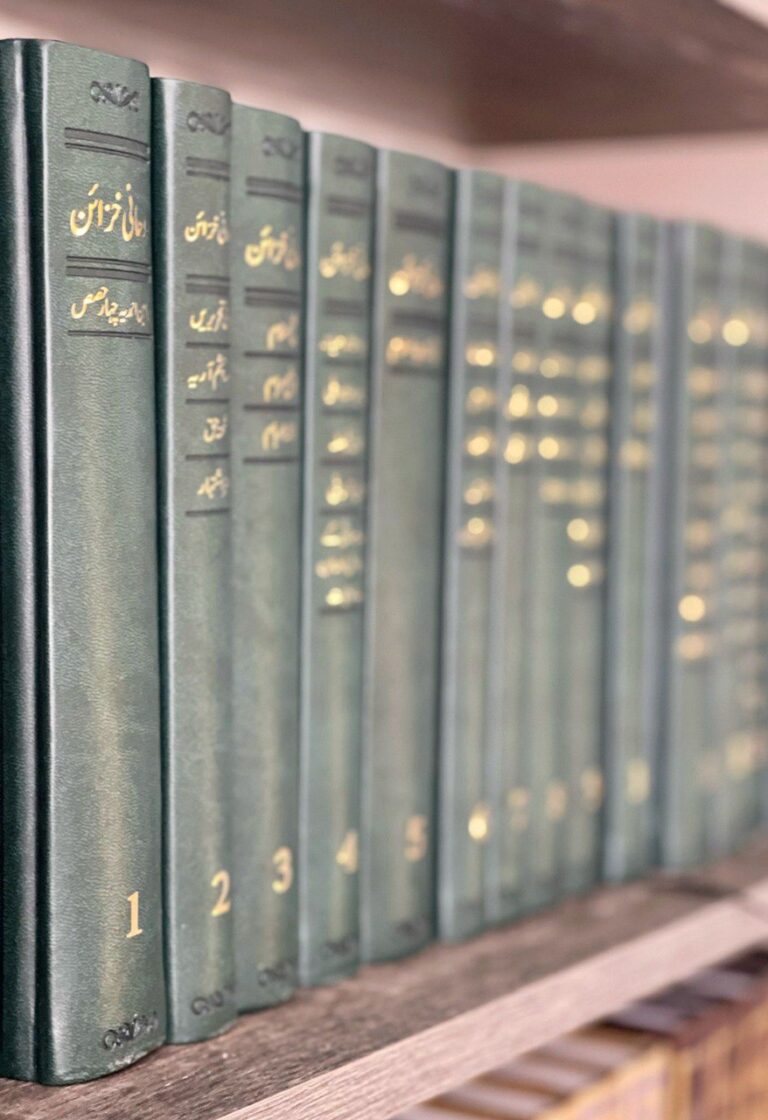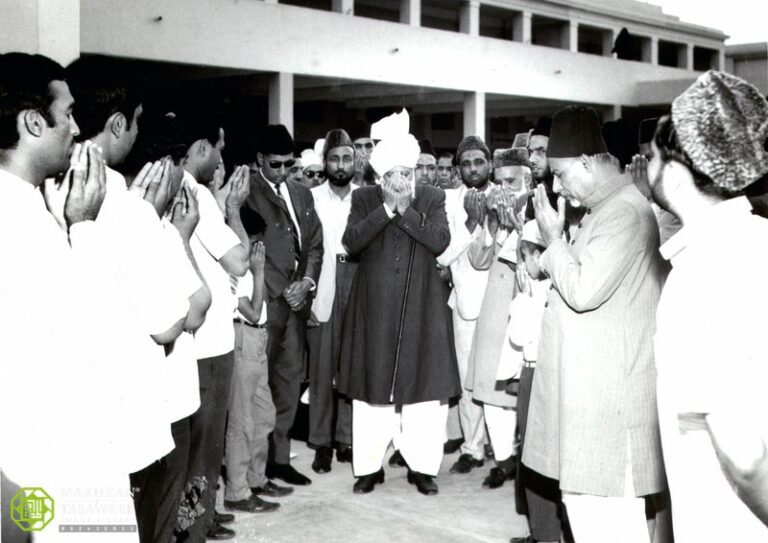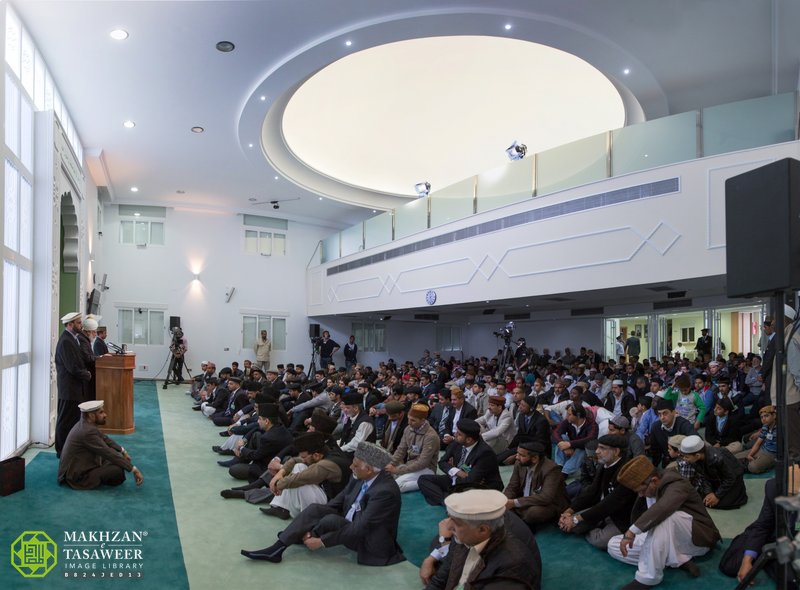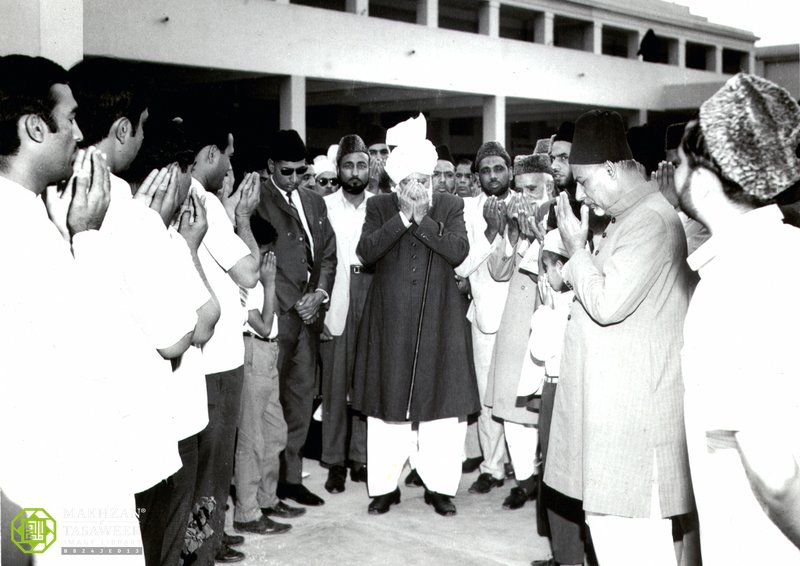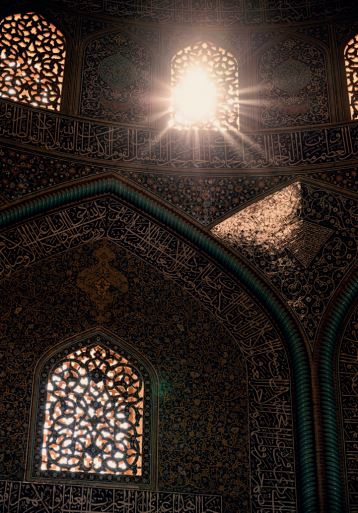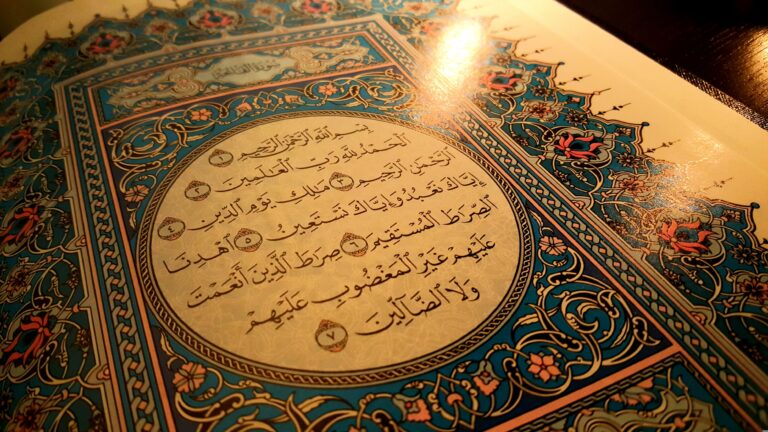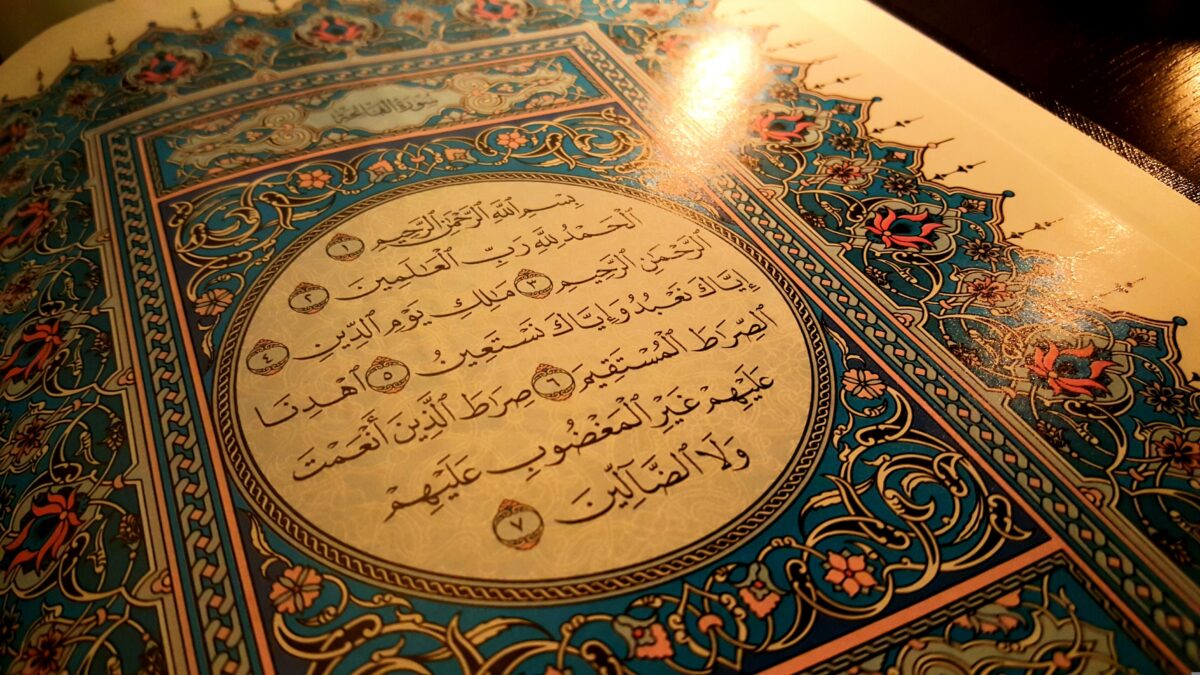Ayesha Naseem, UK
In a recent interview with the LBC, Professor Richard Dawkins took some people by surprise when he stated that he identifies himself as a ‘cultural Christian’.
He also said:
“I do think that we [Britain] are a culturally Christian country. I call myself a cultural Christian. I’m not a believer but there is a distinction between being a believing Christian and being a cultural Christian and so, you know, I love Hymns and Christmas carols, and I sort of feel at home in the Christian ethos. I feel that we are a Christian country in that sense. It’s true that statistically the number of people who actually believe in Christianity is going down, and I am happy with that, but I would not be happy if, for example, we lost all our cathedrals and our beautiful parish churches. It would matter if we certainly substituted any other religion, that would be truly dreadful.”
This was not all, however. The Professor also said he was “horrified to hear that Ramadan is being promoted instead” and that if he had to choose between Christianity and Islam, he would choose Christianity. For Professor Dawkins, Christianity seems like a “fundamentally decent religion […] in a way that Islam is not.” When asked to elaborate on this, he claimed that there is “an active hostility to women” promoted “by the Holy Books of Islam” and although Muslims “are quite different”, the “doctrines of Islam, the Hadith, the Quran, is fundamentally hostile to women.”
At the end of his response, he reiterated that although he does not “believe in the single word of the Christian faith”, he prefers to live in a culturally Christian country.
Professor Dawkins has campaigned against the belief in God and against the need for religion for as long as one can remember but now, it seems, that he has reduced it to his problem with Islam. Further, by self-proclaiming himself to be a cultural Christian while clearly emphasising he does not believe in the religion of Christianity, he is also mocking the Christian faith.
The Holy Quran and Hadith actively promote hostility toward women?
While elaborating on why he believes the religion of Christianity is fundamentally decent in a way the religion of Islam is not, Professor Dawkins made the reckless claim that the doctrine of Islam is hostile towards women. He made not a single reference to the Holy Quran or the books of Hadith [Sayings of the Holy Prophetsa] – the books he believes are the premise of hostility against women.
As repetitive as this might get, these claims are purely inaccurate and, hence, should be countered.
So, God forbid, is the Holy Quran really hostile? To answer this, we will turn to the sacred text of the Holy Quran itself. For any argument or counterargument, providing evidence and references is imperative. This is the very fabric of academia and research, even if the Professor himself neglects it to make his point.
In Surah an-Nisa’ of the Holy Quran, it is stated:
یٰۤاَیُّہَا النَّاسُ اتَّقُوۡا رَبَّکُمُ الَّذِیۡ خَلَقَکُمۡ مِّنۡ نَّفۡسٍ وَّاحِدَۃٍ وَّخَلَقَ مِنۡہَا زَوۡجَہَا وَبَثَّ مِنۡہُمَا رِجَالًا کَثِیۡرًا وَّنِسَآءً ۚ
“O ye people! fear your Lord, Who created you from a single soul and created therefrom its mate, and from them twain spread many men and women.” (4:2)
In the Five-Volume English Commentary of the Holy Quran, it has been explained:
“The expression, and created therefrom its mate, does not mean that woman was created out of the body of man but that she belonged to the same kind and species as man, having the same nature and the same propensities. The meaning of this expression becomes clear when elsewhere we read in the Quran: And Allah has made for you mates from among yourselves (16:73); and He has made for you pairs of your own selves, and of the cattle also pairs (42:12). This means that, like other human beings, a wife was provided for Adam from his own species. And just as other men’s wives are not created from their ribs, so was the wife of Adam not created out of his ribs; and just as our wives have been made from ourselves in the sense that they are of the same kind as ourselves, so was the wife of Adam created from his rib in the sense that she belonged to the same race as Adam did.
“[…] The Quran lends no support whatever to the view that Eve was actually created from the rib of Adam, as is clear from the following verses: We have created you in pairs (78:9); And of everything have We created pairs (51:50), which means that, just as God created a mate for every living thing, so did He make one for Adam. He did not need to depart from this law in respect of Adam and to create a female for him out of his own body […] The expression ‘created from a rib’ is evidently figurative and must not be taken literally.’ (Five Volume English Commentary of the Holy Quran, Vol. II, pp. 611-612)
The right to earn
Then, establishing the economic status of women, the Holy Quran states that both men and women get to keep the share of what they earn.
It is said in Surah an-Nisa, verse 33:
لِلرِّجَالِ نَصِیۡبٌ مِّمَّا اکۡتَسَبُوۡا ؕ وَلِلنِّسَآءِ نَصِیۡبٌ مِّمَّا اکۡتَسَبۡنَ
“Men shall have the share of that which they have earned, and women a share of that which they have earned.”
The only distinction with this principle is that Islam makes the man responsible for providing for his wife and children, whereas the woman is under no obligation to do so. Her money stays with her and it is only by her own choice and liking if she spends it on her household but by no means can a husband demand from her to do so.
The right to inherit and own property
Further, regarding the right to inherit and to own property, the Holy Quran states in Surah an-Nisa’, verse 8:
لِلرِّجَالِ نَصِیۡبٌ مِّمَّا تَرَکَ الۡوَالِدٰنِ وَالۡاَقۡرَبُوۡنَ ۪ وَلِلنِّسَآءِ نَصِیۡبٌ مِّمَّا تَرَکَ الۡوَالِدٰنِ وَالۡاَقۡرَبُوۡنَ مِمَّا قَلَّ مِنۡہُ اَوۡ کَثُرَ ؕ نَصِیۡبًا مَّفۡرُوۡضًا
“For men is a share of that which parents and near relations leave; and for women there is a share of that which parents and near relations leave, whether it be a little or much – a determined share.”
The Islamic system of inheritance aims at a wide and fair distribution of property. If a person should die, leaving his or her surviving parents, wife or husband, sons, and daughters, they all share in the inheritance. There is no room for discrimination between the heirs under this system, like, for instance, primogeniture, or exclusion of women.
The Holy Quran then elaborates in succeeding verses and states in verses 12 to 13 of Surah an-Nisa’:
“Allah commands you concerning your children; a male shall have as much as the share of two females; but if there be females [only], [numbering] more than two, then they shall have two-thirds of what the [deceased] leaves; and if there be one, she shall have the half. And his parents shall have each of them a sixth of the inheritance, if he have a child; but if he have no child and his parents be his heirs, then his mother shall have a third; and if he have brothers and sisters, then his mother shall have a sixth, after [the payment of] any bequests he may have bequeathed or of debt […]
“And you shall have half of that which your wives leave, if they have no child; but if they have a child, then you shall have a fourth of that which they leave, after [the payment of] any bequests they may have bequeathed or of debt. And they shall have a fourth of that which you leave, if you have no child; but if you have a child, then they shall have an eighth of that which you leave, after [the payment of] any bequests you may have bequeathed or of debt. And if there be a man or a woman whose heritage is to be divided and he [or she] has neither parent nor child, and he [or she] has a brother or a sister, then each one of them shall have a sixth.
“But if they be more than that, then they shall be [equal] shareholders in one-third, after [the payment of] any bequests which may have bequeathed or of debt, without [intent to cause suffering to anyone] …” (4:12-13)
According to this law, women have not only obtained a right to inherit, but they receive, like their husbands, the right to contract debts and to leave property. It may get asked that, still, men have twice the share of women and how is that fair. That’s because Islam assigns an extra share to the man because he has an obligation to financially support his wife and children. The husband can never be freed from his responsibilities of being a guardian over his wife and children and hence, from the share that he inherits, his foremost responsibility of providing as the breadwinner comes into practice. (The Economic Status of Women in Islam, Al Hakam, www.alhakam.org)
The right to divorce
History is a testament that, be it pre-Islamic Arabia or the early modern Western civilisation, married women did not have the right to divorce or seek divorce by law. The religion of Islam granted women this invaluable right from the very outset.
In the Holy Quran, it is said in Surah al-Baqarah, verse 228:
وَاِنۡ عَزَمُوا الطَّلَاقَ فَاِنَّ اللّٰہَ سَمِیۡعٌ عَلِیۡمٌ
‘And if they decide upon divorce, then surely, Allah is All-Hearing, All-Knowing.’
Under certain conditions – either due to a lack of compatibility and understanding or for any other reason – Islam has given permission to both, men and women, to terminate a marriage with an equal say. Where a man has the right to talaq [a man’s right to divorce], the woman has the right to khul‘ [a woman’s right to divorce]. Islam has cautioned men that they should exercise their right to divorce with the utmost thoughtfulness as under no circumstances should a woman be unfairly treated in the event of a divorce.
Hazrat Chaudhry Sir Muhammad Zafrulla Khanra, former President of the International Court of Justice, has written:
“Divorce is permitted in Islam, but the Prophetsa has said that of all things permitted, the most obnoxious in the sight of God is divorce. The process of divorce is spread over a period, during which every effort must be made at smoothing out differences and at reconciliation. If differences become acute, the counsel and help of mediators, one from the wife’s people and one from the husband’s, should be sought (The Holy Quran, Surah an-Nisa’, Ch.4: V.36). If divorce is finally decided upon, the husband cannot take away from the wife anything he has given her (4:21⎯22) and must make suitable provision for her over a period of six months, which is normally required for the process to be completed. If husband and wife are reconciled to each other during this period, the divorce proceedings are dropped (Surah al-Baqarah, Ch.2: V.229⎯230).” (Islam: It’s Meaning for Modern Man, p. 247)
In response to a question regarding women’s rights during the process of divorce, Hazrat Khalifatul Masih Vaa explained:
“As far as talaq and khula are concerned, there is no difference in them either. Rather, it is a favour of Islam that it has not only given men the right to divorce but has also given women the right to obtain khula. Men and women have been given equal rights in this matter too. When a man divorces a woman, he is made to pay all kinds of financial dues to her. Moreover, whatever financial support he may have given to her before, he cannot take any of it back. Likewise, when a woman obtains khula, without any fault on the husband’s part, she also has to pay back some of the financial dues such as the dowry money etc. However, if it is proven that the woman is obtaining khula due to a fault on the husband’s part, then the woman has been given this additional benefit under such circumstances that she remains the owner of the dowry.” (“What is the status of women in Islam”, Al Hakam, www.alhakam.org, 13 November 2020)
What has been described above is nowhere near complete; the Holy Quran is full of perfect and complete commandments and guidance that protect the matters of women and grants them the empowering rights that even governments and societies of today have still not fully managed to implement.
The narrations of the Holy Prophetsa – the books of Hadith
Richard Dawkins also alleged that apart from the Holy Quran, the books of Hadith are also hostile towards women. Again, he did not reference a single hadith to back this. We can help with this.
In pre-Islamic Arabia, where people used to bury their new-born girls alive, or in the West, where until the 21st century, girls and women did not have access to education or employment, the Holy Prophet of Islamsa, promised that parents who provide care, affection and upbringing to their daughters will find a great reward for themselves.
In a narration, it has been reported that the Holy Prophetsa said that one who brings up his daughters well will be as close to him in Paradise as his fingers are close to each other. (Sahih Muslim, Kitab a, Bab fadli l-ihsani ila l-banaat, Hadith 2631)
In another well-known narration, the Holy Prophetsa said:
“The most perfect of believers in the matter of faith is he whose behaviour is best, and the best of you are those who behave best towards their wives.” (Riyad as-Salihin, Kitab al-muqaddamat, Bab al-wasiyyah, Hadith 278)
Hazrat Aishara – the wife of the Holy Prophetsa and also the first female scholar of Islam – relates that “Once a woman came to me begging with her two daughters; I could not find anything except a single date, which I gave her. She divided it between her daughters and did not herself eat any of it. Then she got up and left. When the Holy Prophetsa came, I told him of it. He said, ‘One who is tried with daughters and treats them well will find that they will become his shield from the Fire.’” (Sahih al-Bukhari, Kitab az-zakat, Bab ittaqu n-nara wa law bu shiqqi tamrah, Hadith 1418)
Regarding consent in marriage, the Holy Prophetsa has established the right of a woman to give her say. During his address to the ladies session of Jalsa Salana Germany in 2017, Hazrat Mirza Masroor Ahmad, Khalifatul Masih Vaa explained:
“There is also the matter of rights in marriage. Some parents, who do not follow the teachings of Islam themselves, give non-Muslims the opportunity to level allegations, whereas the Holy Prophetsa has established the right of a woman to decide her matrimonial match. We find in one narration that a young woman approached the Holy Prophetsa and said that her father had arranged her marriage, but she did not approve of it. Hence, the Holy Prophetsa gave her the right to either maintain that relationship or to refuse and end it.” [Sunan Abi Daud, Kitab an-nikah, Bab fi l-bikri yazujuha abuha wa la yasta’maraha, Hadith 2096]
Hazrat Amirul Momineenaa further stated:
“Although Islam grants the father [of the bride] guardianship in matrimonial matters, and at the time of nikah [Islamic announcement of marriage] it is the father who expresses approval, however, the approval of the daughter is absolutely necessary, barring any issue [in the proposed matrimonial match] relating to religion. If, however, the girl herself is firm in her faith and gives precedence to faith over the world then she herself would not approve of such a proposal. Thus, the allegation against Islam that women do not have the right to choose whom they marry is entirely untrue and a completely false allegation. If a father arranges his daughter’s marriage without asking her and without her consent, then he is the one at fault, not the teachings of Islam.’ (Islam’s Protection of Women’s Rights, reviewofreligions.org)
Conclusion: ‘Muslims are quite different’ but the ‘doctrine of Islam is fundamentally hostile’
The strangest and paradoxical part of Professor Dawkins’ comments was his distinction between the doctrine of Islam and the Muslims who are supposedly different from it. This could not be more inaccurate.
In Surah al-Baqarah, verse 2 of the Holy Quran, it is said: “This is a perfect Book; there is no doubt in it; [it is] a guidance for the righteous […]”
This means Muslims do follow the Holy Quran and its commandments so if they are ‘quite different’ from Professor Dawkins, then it just goes to prove that he lacks knowledge of Islamic theology. The very doctrine he has a problem with, is the guidance Muslims use and strive to follow in their day-to-day life.
There are Muslims who may not always follow the doctrine and can inevitably act in contrast to its teachings but if he claims that Muslims and their attitudes are supposedly better than the doctrine of their faith, then clearly his argument fails because the problem is not with the theology but with his unsolicited and ill-informed claim.
Consequently, the professor should let go of his unwillingness to engage with religious texts he scrutinises so much. And if he must persist with his arguments and claims, he should bring relevant references – surely, for a professor in academia and research, that’s the bare minimum.

